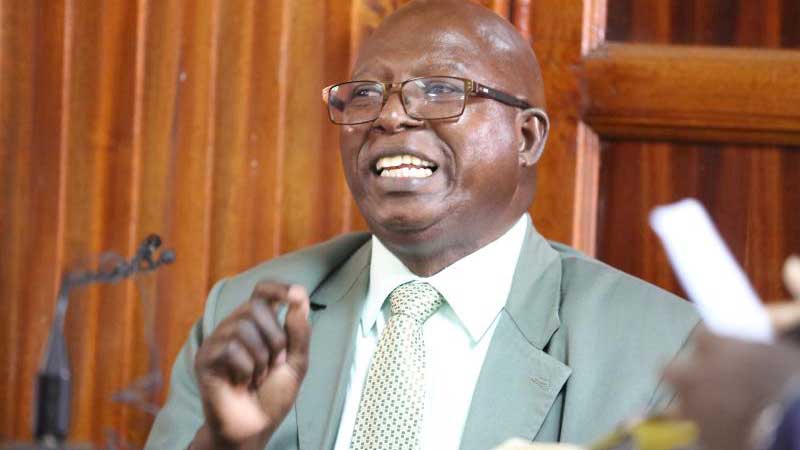×
The Standard e-Paper
Home To Bold Columnists

Women in rural areas are being given a banned medicine for abortion, the court has heard.
Dr Wahome Ngari, a witness for Kenya Christian Professionals Forum, told the High Court that some non-governmental organisations supplied Medabon to women in rural areas.